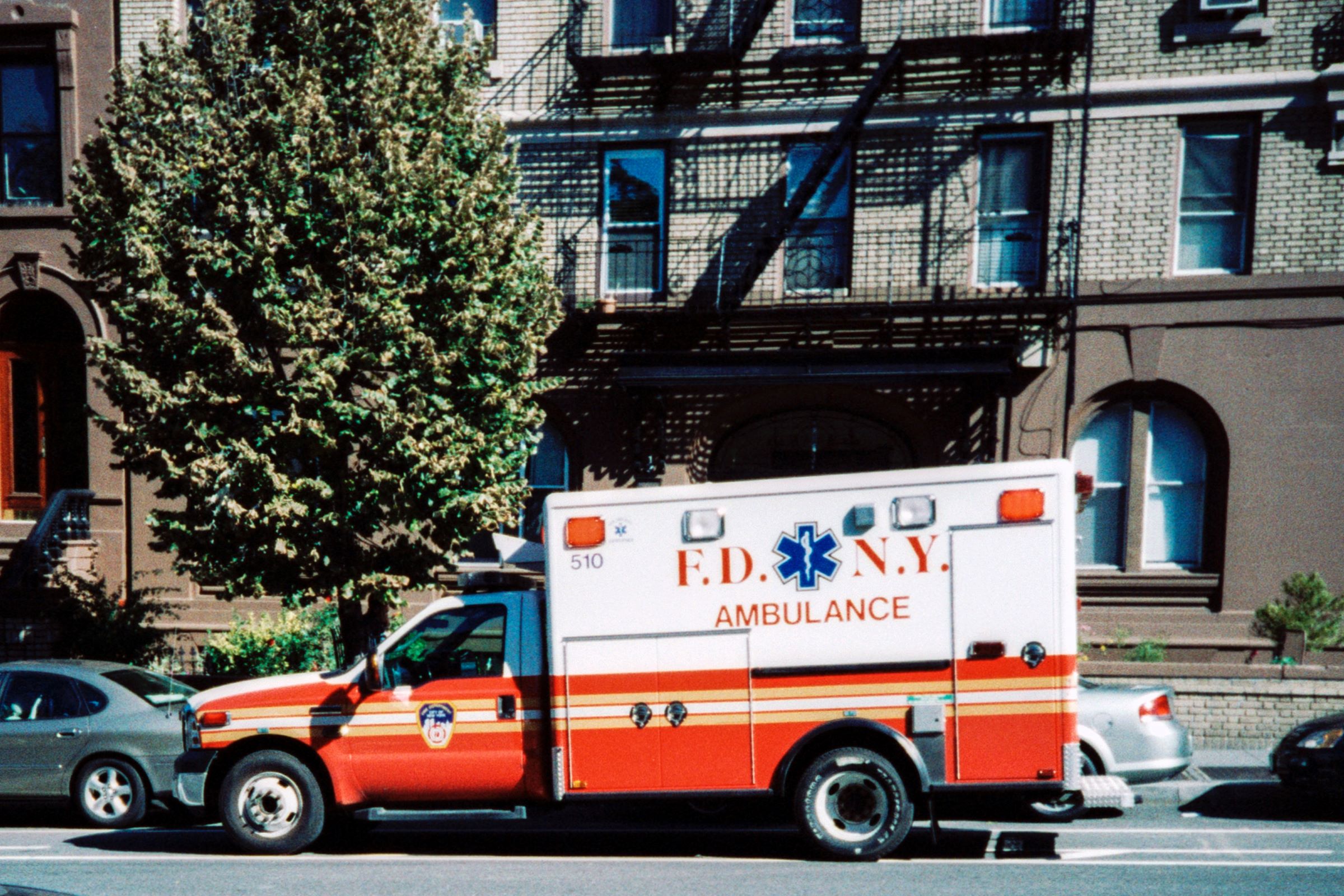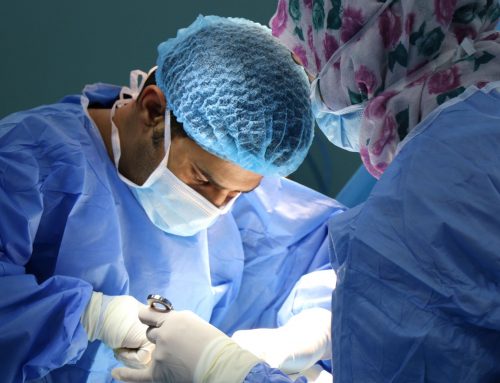Practice Tip: At present the New York State WCB is not requiring the submission of an explicit opinion from a qualified expert causally relating a worker’s development of COVID to an exposure on the job. Decision-making with regard to individual claims should anticipate Appellate Decision and/or Court of Appeals rulings in the future addressing this issue.
In an earlier newsletter we discussed the 1975 Court of Appeals ruling in Middleton v Coxsackie Correctional Facility, 38 NY2d 130. In order to provide a framework within which to think about COVID claims, we discussed the Board Panel ruling in DOCCS Edgecombe Cor Facility, WCBG2718395 (10/21/20). The October 2020 decision in Edgecombe instructed that once the case returned to the calendar, “a medical report providing a COVID-19 diagnosis and/or opinion on causal relationship should be offered and evaluated in conjunction with the positive [COVID-19] test.” Therefore, the October 2020 decision in Edgecombe held that a positive test was sufficient for purposes of PFME and the injured worker should provide a medical report in support of a finding of causal relationship.
Exercising its authority under section 123 of the WCL, the same three member Board Panel issued an amended decision on 12/1/2020. DOCCS Edgecombe Cor Facility, WCB G2718395 (12/1/20). The Board Panel explained that the amended decision was intended “to modify the direction for the claimant to produce medical evidence showing a link between his employment and his illness with a reasonable probability. The proper instruction should have been to suggest, not require, that the claimant consider submitting a medical report providing a COVID-19 diagnosis and opinion on causal relationship.” Thus, the WCB is currently not requiring an explicit opinion of causal relationship. Rather, through merely claimant’s testimony, COVID can be deemed to be “prevalent” in the workplace, permitting the establishment of a claim.
In light of this evolving evidentiary standard, each claim should be carefully scrutinized to determine the proper file strategy. Moreover, appellate rights should be preserved in anticipation that issues with regard to the necessity to submit an explicit expert opinion causally relating the injured worker’s condition to an exposure on the job will be reviewed and commented upon by both the Appellate Division and/or Court of Appeals in the months ahead. Obviously, file strategy may be heavily dictated by the gravity of the COVID condition and the nature of the work activity in question.
If you have any questions about Covid-19 claims or any other issue, contact David Niefer at mailto:dniefer@gittolaw.com or (607) 723-0600 or any of the attorneys in our office. If you would like a training session on this or any area of the Workers’ Compensation Law, please do not hesitate to contact our firm.
This information is provided for general guidance only. This information should not be used as a substitute for consultation with legal counsel. Each case presents unique facts requiring individual analysis.






